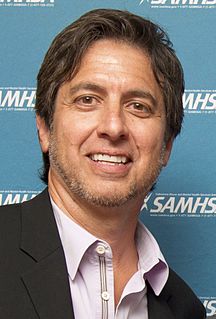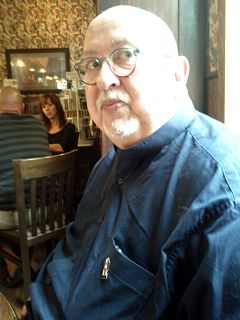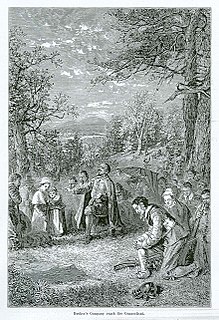A Quote by Leo Tolstoy
Without the support from religion--remember, we talked about it--no father, using only his own resources, would be able to bring up a child.
Related Quotes
A good father. A man with a head, a heart, and a soul. A man capable of listening, of leading and respecting a child, and not of drowning his own defects in him. Someone whom a child will not only love because he's his father, but will also admire for the person he is. Someone he would want to grow up to resemble.
As the patriots of seventy-six did to the support of the Declaration of Independence, so to the support of the Constitution and Laws, let every American pledge his life, his property, and his sacred honor;-let every man remember that to violate the law, is to trample on the blood of his father, and to tear the character of his own, and his children's liberty.
Sherman made the terrible discovery that men make about their fathers sooner or later... that the man before him was not an aging father but a boy, a boy much like himself, a boy who grew up and had a child of his own and, as best he could, out of a sense of duty and, perhaps love, adopted a role called Being a Father so that his child would have something mythical and infinitely important: a Protector, who would keep a lid on all the chaotic and catastrophic possibilities of life. ~Tom Wolfe
My grandparents used to pray five times a day, but they were quiet about their own thing. Completely liberal day by day; my grandmother was a social worker and my grandfather was an engineer, but they never talked about religion. My entire life I couldn't remember one conversation I had with them about religion.
Now the Father draws us from the evil of sin to the goodness of His grace with the might of His measureless power, and He needs all the resources of His strength in order to convert sinners, more than when He was about to make heaven and earth, which He made with His own power without help from any creature. But when He is about to convert a sinner, He always needs the sinner's help. "He converts thee not without thy help," as St. Augustine says.
When the father is going on in his journey, if the child will not goe on, but stands gaping upon vanity, and when the father calls, he comes not, the onely way is this: the father steps aside behind a bush, and then the child runs and cries, and if he gets his father againe, he forsakes all his trifles, and walkes on more faster and more cheerefully with his father than ever.
A parent who from his own childhood experience is convinced of the value of fairy tales will have no difficulty in answering his child's questions; but an adult who thinks these tales are only a bunch of lies had better not try telling them; he won't be able to related them in a way which would enrich the child's life.






































